

Author(s): David Weber, Eric Flint
Series: Assiti Shards #2
Published by Bean on 07/01/2002
ISBN: 0743435427
ASIN: B00AP8YZI0
Genres: Science Fiction, Alternate History
Pages: 673
Format: Paperback
Source: Purchased
Buy on Amazon •
The new Confederated Principalities of Europe-an alliance between Gustavus,king of Sweden, and the West Virginia town, led by Mike Stearns, which was hurled back through time to the thirty years war - has big problems. As the greatest naval war in European history erupts, Cardinal Richelieu has created an alliance to destroy the CPE, and only American technology can save Gustavus from ruin.
Meanwhile Mike's wife Rebecca is trapped in war-torn Amsterdam, and his sister Rita is imprisoned in the tower of London. And much as Mike wants to reform tyrannical 17th-century Europe by Sweet Reason, he finds comfort in the fact that Julie, who trained as an Olympic marksman, still has her rifle...
Another year has gone by and the residents of Grantville and the new United States are making their way in 17th century Europe. In 1633 this new country will be reaching further into their world and continuing their conflicts with the Catholic countries that oppose them.
1633 is not only a quality sequel to its predecessors but one of the rare occasions that a sequel beats the original in some ways, although not all. I would credit a lot of the advances this book makes to the addition of Weber partnering with Flint. I can feel a lot of his structure and character work behind the Flint façade.
As with 1632 the majority of characters are still pretty cliché. However many of the major character, including previously minor characters who have been moved up to the big leagues, are getting fleshed out a bit more. Raising the profile of already introduced characters rather than introducing new characters out of whole cloth has been one of the saving graces of this book. Since they already have some interaction and backstory of their own they are more nuanced and complex than any brand new character would be. This has gone a long way to fixing what was the largest flaw of the first installment.
The dialog is still a bit forced at times and the reader is forced to sit through characters spending long periods of time explaining events and changes to each other. Imagine a Shakespeare play where they only did the monologues and you get the feelings of some of the books. No matter how good those monologues might be it would really slow the pace. Also to be clear I am not actually comparing any of the writing in this book to Shakespeare. I enjoy Weber and Flint’s books quite a lot and have bought nearly everything the two have written, but neither will never be a Nobel laureate.
The other writing problem in this book is that it is filled with what I call trailer lines. By that I mean that if this were a movie, those lines were written to be in the trailer. That’s not terrible really but it should not happen in every single chapter. The problem with 1633 is that is exactly what they have done.
What really makes this book shine is the way the authors deal with politics and foreign relations. The first book was something we have seen before. The good guys are dropped into a world at under stress, defeat the bad guys, save the villagers, and safe the day. That however is how these stories usually end with no specifics on what happens after. What does the next day look like? Flint and Weber takes the events from the previous book and start to show why modern style democracy and personal freedoms would have difficulty integrating into 1600 monarchy driven politics. And it’s not just the opponents that but against modern sensibility. There is even tension between allies as the transplanted Americans try to bring their new friends into the democratic fold while at the same time allowing their monarchical ways.
The action is pretty good although really limited. Because of all the political maneuvering this is not an adventure style book. In fact the action is really saved for near the end of the book and feels a bit tacked on. It was still enjoyable but it just didn’t feel necessary to the narrative.
This book really elevated its predecessor and set up a complex world with lots of possibilities to build on.
| Rating Report | |
|---|---|
| Plot | |
| Characters | |
| Writing | |
| Pacing | |
| Cover | |
| Overall: | 4.1 |

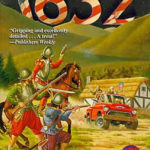

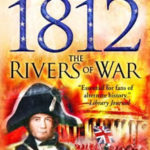



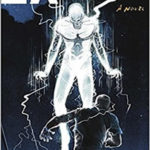
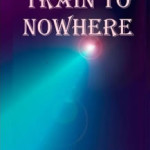
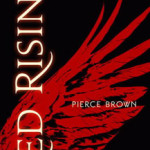





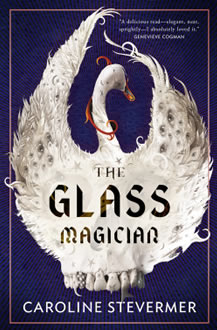
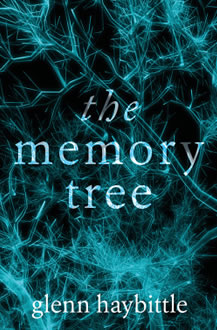
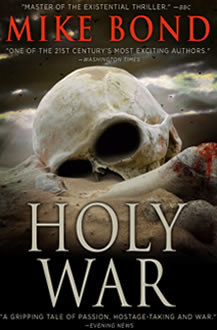
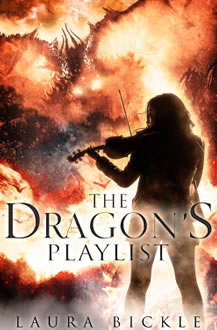
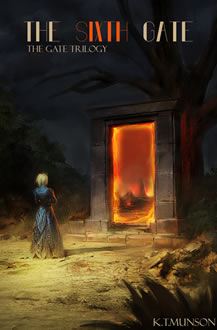
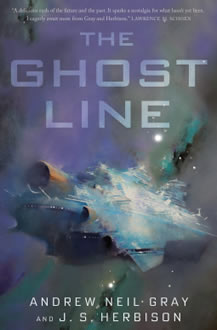
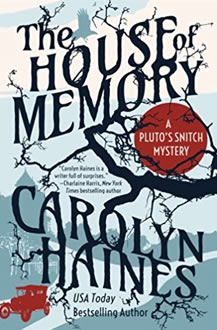
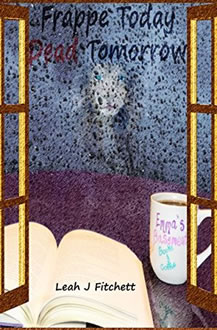
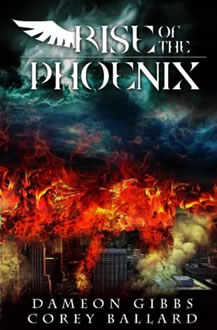
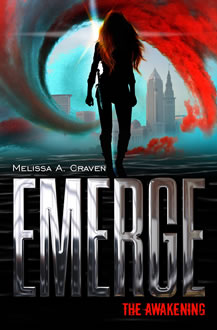
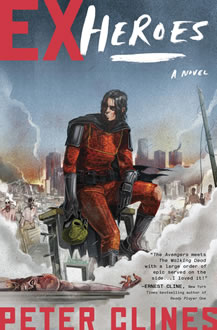
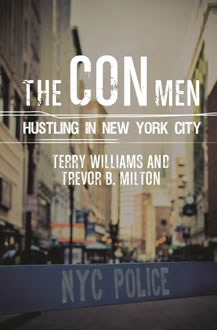
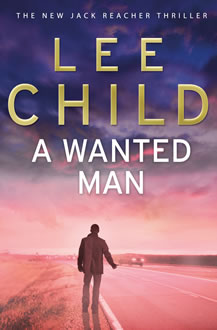
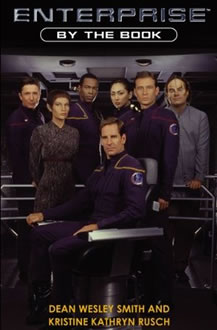
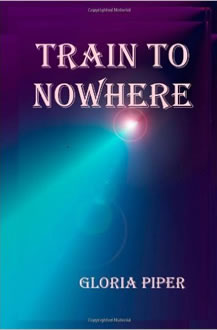




Leave a Reply